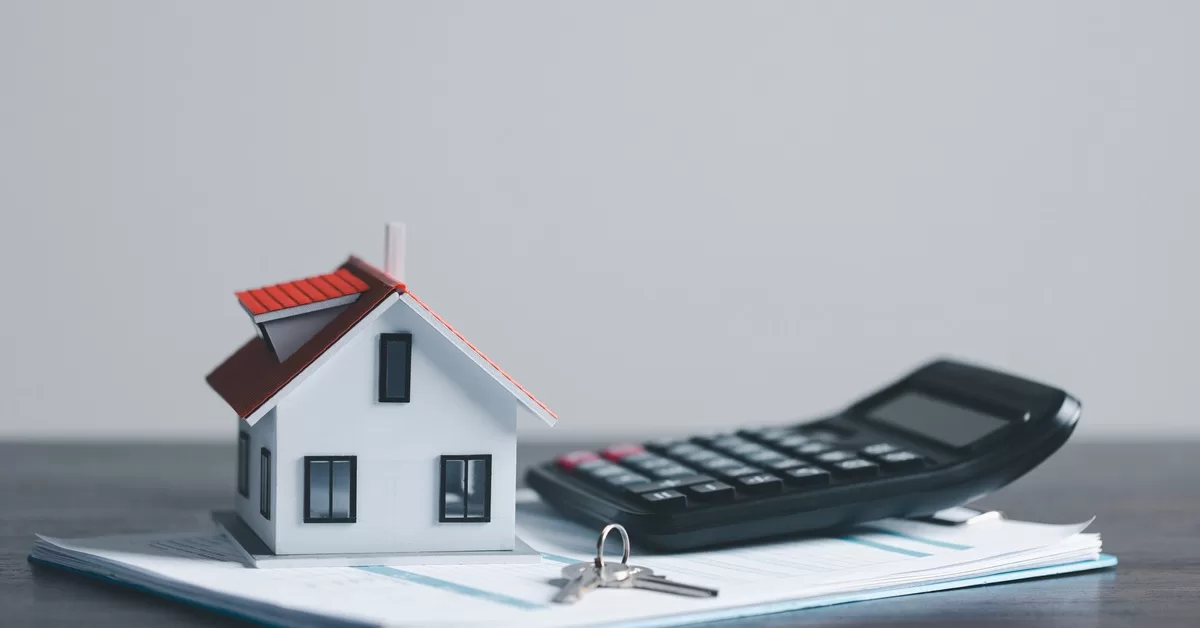How Much Does It Cost To Build an Accessory Dwelling Unit?

You’ve got the yard space, the vision, and maybe even a tenant lined up. Now comes the part everyone wonders about: How much does it cost to build an accessory dwelling unit? Whether you’re imagining a rental, a guest house, or a space for a family member, the financial side matters.
ADU costs vary widely depending on size, design complexity, permits, site prep, labor, and access to utilities. There’s no one-size-fits-all answer, but there are reliable ways to estimate your investment. Let’s explore the various factors that affect the final price tag.
Property Prep and Site Access
Before construction begins, your lot needs to be ready, and that comes with its own price. Demolition of an old garage or shed, grading for drainage, and excavation for plumbing lines can cost anywhere from $1,000 to $10,000. These numbers can swing higher if soil conditions are poor or if retaining walls are necessary.
Site access also plays a big role. If you’re in a tight suburb where machinery can’t easily get through, expect increased labor time and logistics. In hilly neighborhoods or in-fill urban lots, access issues and slope management also require creative workarounds and additional costs.
Size, Layout, and Design Complexity
It’s no surprise that the bigger the ADU, the bigger the budget. A compact 400-square-foot studio with a simple floor plan will cost significantly less than an 800-square-foot two-bedroom unit with a full kitchen and laundry area. As of May 2025, homeowners in Kentucky can expect to pay roughly $150 to $600 per square foot, depending on finishes and complexity.
Design also plays a big part. Custom architectural plans and unique layouts increase both time and cost. On the other hand, opting for a modular or prefab ADU can reduce construction costs by 10–25%, though some homeowners prefer the flexibility of a fully custom build.

Permits and City Requirements
Even before construction begins, you’ll need to clear several regulatory hurdles. In Lexington, permitting and plan review fees are based on the square footage and type of project. For new construction and additions, you can expect to pay $0.10 per square foot, with a minimum permit fee of $150.00.
Plan review costs for residential buildings start at $0.15 per square foot with a minimum review fee of $285.00, depending on occupancy type. Additional specialized reviews—for things like fire suppression systems or detection—may apply depending on your build. Lexington’s impact fees for detached single-family homes typically add another $180.00 per unit, though exemptions may apply in designated expansion areas.
Over in Louisville, exact fees vary by neighborhood and project type. Impact fees here usually range between $0.50 and $2.00 per square foot, depending on local infrastructure demands.
Consider working with licensed design and remodel contractors to make navigating these layers of red tape far more manageable.
Utility Connections and Upgrades
In Lexington, running electrical lines from the street typically costs between $2,500 and $12,500, depending on whether lines are overhead or underground. Underground wiring can be up to 14 times more expensive due to trenching and conduit work, which itself can run $400 to $1,200 per 100 linear feet.
Water connections to city mains usually fall between $1,000 and $6,000, while well and septic systems can add $6,000 to $20,000, depending on system complexity. Gas hookups range from $500 to $3,500, with cable and phone line extensions generally under $200.
Louisville costs vary widely depending on site conditions and project specifics. Water line extensions often range from $1,000 to $5,000, but the Louisville Water Company charges a tapping fee of $5,450 for new connections to city mains.
Sewer line installations can be $3,000 to $7,000, with local authorities charging connection fees plus administrative costs. Electrical permits start at around $200, while gas line costs depend on distance and terrain. Negotiating easements or permits may add fees between $100 and $5,000.
Interior Finishes and Fixtures
The cost to finish the interior of an accessory dwelling unit varies widely, typically ranging from $10 to $60 per square foot. For homeowners seeking luxury touches—like high-end appliances and premium materials—costs can exceed $150 per square foot.
Design alone can represent 10–15% of your total project cost. For example, if your build is around $120,000, expect to spend between $12,000 and $18,000 just on design. Materials—including lumber, roofing, windows, doors, and trim—typically account for 45–50% of the project cost.
Foundations, depending on the type of ADU, may add anywhere from $5 to $40 per square foot. Garage or basement conversions often avoid this expense, while above-garage units usually require extra structural support.
Framing averages around $25,000, with lumber costs fluctuating between $350 and $500 per 1,000 board feet. Metal framing typically adds about 10% more to framing costs.
Finishing touches, such as insulation, drywall, flooring, ceilings, appliances, and fixtures, further influence expenses. Basement ADU finishes alone can range from $3,500 to $34,500, depending on scope and quality.

Labor and Timeline Considerations
Labor typically accounts for around 40% of your total ADU project cost. Of that, hiring an architect, plumber, and electrician generally makes up 20–30%, while working with a general contractor contributes another 10–20%.
On average, architect fees range from $125 to $250 per hour, while structural engineers charge between $70 and $250 per hour. Electricians typically bill between $50 and $100 per hour, and plumbers fall in the $45 to $200 per hour range. Subcontractors often charge between $150 and $250 per day per additional helper.
Beyond individual rates, timeline extensions can significantly increase your labor overhead. Delays caused by weather, permit holdups, or supply chain issues all add to the bottom line.
Financing and ROI Considerations
Many Kentucky homeowners fund their ADUs through home equity lines of credit (HELOCs) or cash-out refinancing options, leveraging existing home value. Financing terms vary, so it’s important to explore multiple avenues and understand long-term impacts.
The return on investment depends on rental income potential, increased property value, and comparable home sales in your neighborhood. Consulting with your home remodeling contractor early can help align your financing strategy with project goals. Many custom home remodeling companies offer financing guidance or referrals to trusted local lenders.
Making It Worth the Investment
When asking how much it costs to build an accessory dwelling unit, many homeowners find the bigger question is how to make the numbers worthwhile. In Lexington and Louisville, costs typically range from $80,000 to $285,000 or more, depending on size, finishes, and site conditions.
Choosing the right contractor maximizes your budget’s value. Distinctive Design Remodeling brings years of experience, top-quality materials, and accomplished craftsmanship to every project, whether it’s a rental unit, guest suite, or aging-in-place space. Serving Lexington and Louisville, Kentucky, we’re ready to turn your ADU dreams into reality.
Reach out today to begin your ADU journey with Distinctive Design Remodeling.
